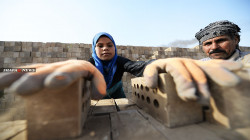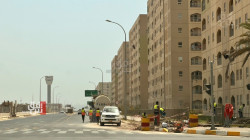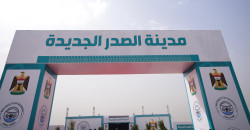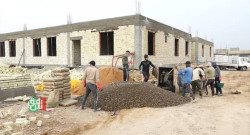Government official attributes soaring real estate prices to growing demand, promises solutions
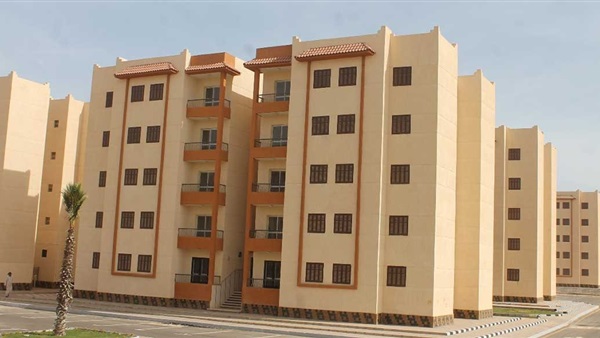
Shafaq News/ A spokesperson to Iraq's Ministry of Construction on Wednesday attributed the sharp rise in housing prices to surging demand, indicating that the government is building new cities, which are expected to alleviate the housing shortage and eventually lower prices.
"Iraq needs three million housing units," said Nabil al-Saffar, the ministry's spokesman. "The government's plan to construct new cities is a crucial step towards addressing this urgent need."
Al-Saffar emphasized the government's commitment to completing the new cities "within the next five years."
He explained that the combination of high demand and increased investment in real estate had pushed up prices for both government and privately developed housing. However, he expressed optimism that the increased supply from the new cities would lead to a decline in prices.
"While the new cities won't completely solve the housing crisis, they will significantly increase the supply of housing units," al-Saffar stated. "These cities will also help to reduce the strain on urban services."
The ministry has already awarded contracts for five new cities, which are expected to provide over 200,000 housing units. Plans are in place to announce six additional cities in the near future, he said.
"Each new city will contribute approximately 200,000 housing units," al-Saffar explained. "By successfully implementing these projects, we aim to make a significant dent in the country's housing deficit."
Iraq is grappling with a severe housing crisis, with a recent report revealing that the capital, Baghdad, has a 31% deficit in housing units relative to its population.
The report, published by the Iraqi Strategic Center for Human Rights on Tuesday, highlighted that Nineveh and Basra are also significantly affected, with housing shortfalls of 28% and 10%, respectively.
The nationwide housing shortage stands at 26%, impacting over 26 million Iraqis. Fadhel Al-Gharawi, head of the center, noted that more than a quarter of Iraq’s 45 million people rely on rented accommodation or informal housing units.
Al-Gharawi projected a 3% annual rise in urban housing demand until 2030, necessitating an additional four million units by 2027.
He called for a “national housing initiative” involving the distribution of residential plots, zero-interest housing loans, and the construction of new housing complexes.
Iraq’s housing market grew by 5.6%, or $20 billion, largely due to the revival of the $10 billion Rashid City housing project in Baghdad by the National Investment Commission. Additionally, the country has announced seven new housing projects valued at $12.5 billion, with major developments planned for Najaf and Wasit governorates at $5.5 billion and $4 billion, respectively.
The housing crisis is driven by a population boom and the financial constraints of low-income citizens struggling with high land and construction material costs. The Ministry of Construction and Housing estimates that Iraq needs more than three million housing units to bridge the gap.
